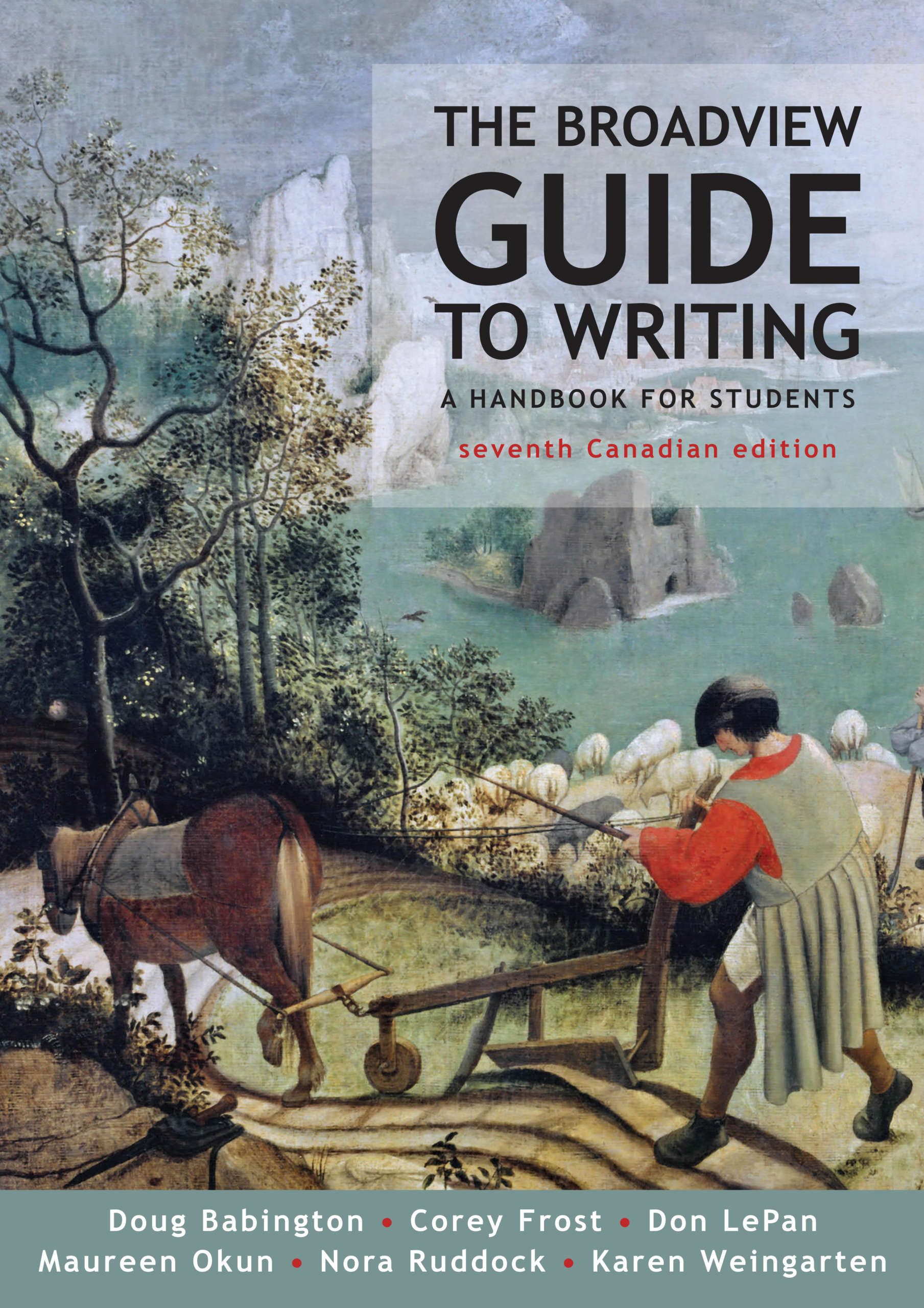The Guardian has an interesting piece on how there has been a significant backlash against the Man Booker Prize having been opened up to Americans:
https://www.theguardian.com/commentisfree/2018/mar/30/the-guardian-view-on-the-man-booker-prize-time-for-a-turnaround
The piece makes the case well. But if the Booker does revert to being a "Britain and the Commonwealth" prize, let me suggest that a new prize be organized: a prize winner's prize. (Indeed, even if the Booker remains open to Americans there might be good reason to start a prize of this sort.) Such a prize would work in much the same way as does the Champion's League in soccer: the winners of the world's top prizes for a work of fiction in English would each be eligible, and a separate jury would judge which novel they thought to be the best of the best. Or, eligibility could be expanded to allow all the books shortlisted for any of the prizes to be eligible; that would spark some heated debate if a novel that had only been shortlisted for an award won the prize of prizes. (In much the same way, the Champions League also admits some runners-up.)
Which prizes would be included? The Booker, obviously. The Pulitzer and/or the National Book Award from the US. The Dublin International Book Award. The Giller Prize and/or the Governor General's Award from Canada. The Miles Franklin Literary Award from Australia. The Costa (formerly the Whitbread) Best Novel in Britain and Ireland. The Irish Book Award for Novel of the Year. The Acorn Foundation Prize for Fiction (New Zealand). It would be important too not to leave out the annual awards from Asia and Africa--awards such as the UJ Prize for South African Writing in English, the Nigeria Prize for Literature (Fiction), the DSC Prize for South Asian Literature, and (from India) the Crossword Book Award (Fiction).
Even if the Booker stays as it is, a Prize of Prizes would be a good way of drawing more attention to books of interest from around the world.
Saturday, March 31, 2018
Monday, March 26, 2018
Commas for Clarity
Would these sentences be improved by the addition of a comma?
Similarly, in the second sentence, when you see the word combination “magazines and…” a part of your mind may already be thinking of a phrase such as magazines and newspapers. For the sake of clarity, wouldn’t it make sense to add a comma? A comma between the word magazines and the word and would help the reader understand more quickly that the word and should not be attached to the word magazines—that the sentence has a compound predicate, with and has incorporated structurally echoing the earlier has affixed.
Adding a comma for clarity in cases such as these seems to me like simple good sense, and a few authorities (particularly in Britain) are of like mind.
Not so in North America, where just about every language authority asserts that such sentences should never, ever be broken up by a comma in this way. We are told that, whereas a comma may be used—indeed, must be used—before a coordinating conjunction such as and when the coordinating conjunction is used to join two independent clauses, in other circumstances a comma should not normally appear before a coordinating conjunction (whether and or any of the six others*). Further, in the case of compound predicates, various authorities put forward the principle that a subject should not be separated from its predicate by a comma. To do so in a sentence with a compound predicate is termed by one authority “the worst punctuation mistake” of all.
Obviously one wouldn’t want to separate subject and predicate with a comma in a short sentence, but every authority in fact accepts commas between subject and predicate in at least one circumstance—the sentence with three or more predicates. Such sentences are treated as lists—which are also regarded as an exception to the rule that a comma should not appear before a coordinating conjunction unless the conjunction joins two independent clauses. Where lists are concerned, preferences vary as to whether the last item in the series should be preceded by a comma (this is the issue of the serial comma, or "Oxford comma."). But in a sentence such as the following, all authorities would agree that a comma should appear after the word bread—and most authorities would also endorse the use of a comma between the word warm and the word and:
I realize, of course, that I live in North America, where the trend has long been to use fewer commas than in Britain or some other parts of the English-speaking world. But that’s a matter of style rather than of correctness. If North American authorities want to recommend against the use of these sorts of commas, let them do so on the grounds of style—not by suggesting that to add a comma before the word and in sentences such as the one above is to contravene any logical set of grammatical rules.
In the days after the disaster the family had little to eat other than bread and little to do other than dwell on their hunger.If you are like me, when you see a word combination such as “bread and…” in the first sentence, a part of your mind may be already thinking of possible combinations—bread and butter, bread and jam, and so on. The word and starts to attach itself in your mind to the word bread, and then you have to perform something of a double take when your reading brain finally realizes that the word and should properly be attached in this context not to bread but to the verb had. For the sake of clarity, then, wouldn’t it make sense to add a comma after bread, as a signal to the reader not to attach and to bread, even for a split second?
Though the image appears quite inoffensive at a distance, the artist has affixed to the painting cutouts of body parts from magazines and has incorporated clumps of elephant dung into the piece.
Similarly, in the second sentence, when you see the word combination “magazines and…” a part of your mind may already be thinking of a phrase such as magazines and newspapers. For the sake of clarity, wouldn’t it make sense to add a comma? A comma between the word magazines and the word and would help the reader understand more quickly that the word and should not be attached to the word magazines—that the sentence has a compound predicate, with and has incorporated structurally echoing the earlier has affixed.
Adding a comma for clarity in cases such as these seems to me like simple good sense, and a few authorities (particularly in Britain) are of like mind.
Not so in North America, where just about every language authority asserts that such sentences should never, ever be broken up by a comma in this way. We are told that, whereas a comma may be used—indeed, must be used—before a coordinating conjunction such as and when the coordinating conjunction is used to join two independent clauses, in other circumstances a comma should not normally appear before a coordinating conjunction (whether and or any of the six others*). Further, in the case of compound predicates, various authorities put forward the principle that a subject should not be separated from its predicate by a comma. To do so in a sentence with a compound predicate is termed by one authority “the worst punctuation mistake” of all.
Obviously one wouldn’t want to separate subject and predicate with a comma in a short sentence, but every authority in fact accepts commas between subject and predicate in at least one circumstance—the sentence with three or more predicates. Such sentences are treated as lists—which are also regarded as an exception to the rule that a comma should not appear before a coordinating conjunction unless the conjunction joins two independent clauses. Where lists are concerned, preferences vary as to whether the last item in the series should be preceded by a comma (this is the issue of the serial comma, or "Oxford comma."). But in a sentence such as the following, all authorities would agree that a comma should appear after the word bread—and most authorities would also endorse the use of a comma between the word warm and the word and:
In the days after the disaster the family possessed little to eat other than bread, could find little to keep them warm and had little to do except dwell on their discomfort. [no serial comma included]An exception, then, is made in the case of lists—for clarity, in order to enable the reader to better understand the structure of the sentence. For precisely the same reasons, why not allow a comma to be used in the two examples cited in the first paragraph above? Why indeed? At the very least, I would argue, the inclusion of a comma in such circumstances should be considered an acceptable option.
In the days after the disaster the family possessed little to eat other than bread, could find little to keep them warm, and had little to do except dwell on their discomfort. [serial comma included]
I realize, of course, that I live in North America, where the trend has long been to use fewer commas than in Britain or some other parts of the English-speaking world. But that’s a matter of style rather than of correctness. If North American authorities want to recommend against the use of these sorts of commas, let them do so on the grounds of style—not by suggesting that to add a comma before the word and in sentences such as the one above is to contravene any logical set of grammatical rules.
*This issue arises with far greater frequency with and than it does with any of the other six coordinating conjunctions (but, for, nor, or, so, yet).
Subscribe to:
Posts (Atom)




